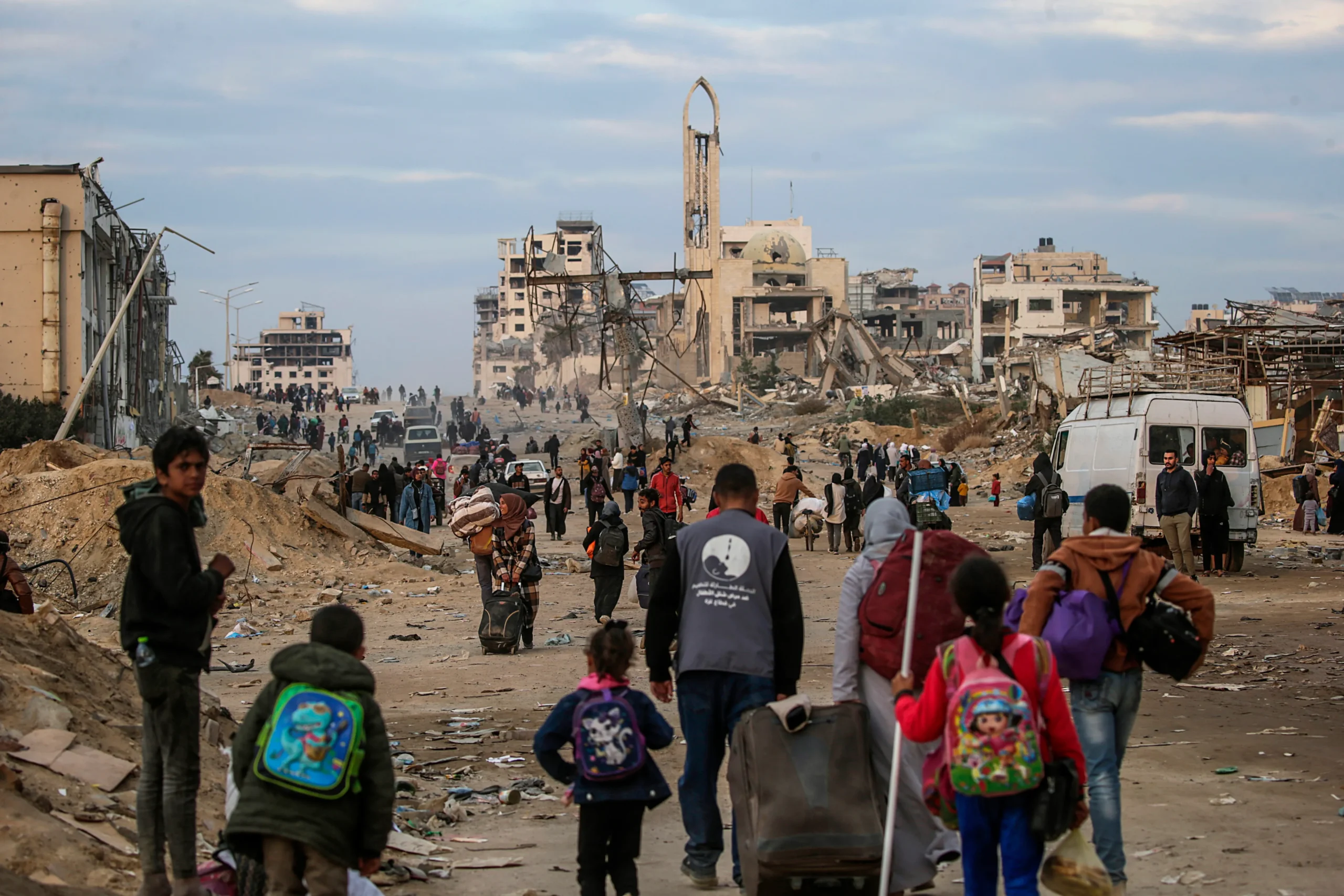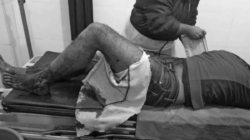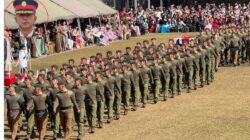As part of the ongoing ceasefire, Israel has permitted the passage of displaced Palestinians back to northern Gaza. In response, long lines of people carrying whatever belongings they could manage made their way north, despite knowing they would find little more than ruins.
This week, Israel allowed hundreds of thousands of displaced Palestinians to begin returning home. By Tuesday, the crowds had thinned, but thousands of men, women, and children were still making the journey. Many understood that their homes might no longer exist, yet they remained eager to return.
Saif al-Din Qazaat, one of the returnees, shared his experience of spending the night in a tent beside his destroyed home in northern Gaza. “I’m happy to be back,” he said, despite the harsh conditions. To keep his children warm, he kept a fire burning through the night, but blankets were scarce.
Mona Abu Aathra, a 20-year-old, managed to travel from central Gaza back to Gaza City, though she has yet to fully assess the damage to her home. Beit Hanoon, where she is originally from, was among the areas worst affected by Israeli military operations, which continued until this month’s ceasefire.
“We returned with nothing,” she said, highlighting the lack of drinking water and the fact that many streets remain blocked by rubble. Despite this, she expressed relief at reuniting with her family after being separated for months. “It’s the first night we’re all together again—me, my mother, and my father. Last night, we gathered with my three brothers who were already in Gaza City.”
Over 375,000 Palestinians Have Returned
According to the United Nations, more than 375,000 Palestinians have crossed back into northern Gaza since Israel opened the way on Monday morning. This represents more than a third of the one million people who fled the area during the early weeks of the conflict in late 2023.
While the ceasefire has allowed for an increase in aid deliveries, the demand for essential supplies remains overwhelming. The World Food Programme (WFP) reported that in the first four days of the ceasefire, more food was distributed than in the entire month of December.
However, the United Nations Office for the Coordination of Humanitarian Affairs (OCHA) stressed that food alone is not enough. Those returning north will also need drinking water, shelter materials, and hygiene kits to survive the difficult conditions.
Despite the devastation, many Palestinians remain hopeful, finding comfort in the opportunity to reunite with their loved ones as they attempt to rebuild their shattered lives.




